There’s no denying that social media has become integral part of our daily lives, both personally and professionally. We share our thoughts, opinions, photos and more – and often without thinking of the consequences or repercussions of doing. Although sharing a post or image may seem harmless – especially if it appears for just 24 hours or less – it can affect the outcome of family law disputes and be used as evidence.
Social Media as Evidence
The Family Court system are increasingly utilising social media platforms as evidence in family law disputes. Family law matters such as parenting orders and spousal or child maintenance may use the following examples as social media evidence:
- Posts, comments or tagged posts which are derogatory to the ex partner;
- Posts or videos referring to any element of the legal proceedings, including court details and lawyers;
- Screenshots of private messages exchanged through social media apps like Facebook Messenger or WhatsApp;
- Photos of parents using drugs or drinking excessively; and
- Photos or videos on holidays, at expensive restaurants or purchasing new assets
Family Law Disputes and Social Media
So, how might the examples listed above be used in family law courts as evidence?
For example, one parent may be claiming spousal maintenance or child support from their ex-spouse, but the ex-spouse has stated that they are unable to make payments due to financial hardship. If the party claiming financial hardship has visual evidence on their social media accounts of an expensive holiday or a recent purchase of an asset like a car, the claiming parent could use this evidence to prove that their ex-spouse is not experiencing any hardship. The same parent failing to make payments might also claim that they are experienced a reduced earning capacity due to their employment status. Sites such as LinkedIn could potentially prove otherwise, if the profile is accurate and up-to-date.
Family law disputes that may also use social media as evidence include:
- Parental responsibility: Evidence of one parent’s illicit use of drugs and alcohol may be used to prove that they are unable to adequately care for their children;
- De Facto Relationships: Social media can be used as evidence to indicate how long a couple were together.
What Does the Law Say?
Under section 121 of the Family Law Act 1975, the law makes it an offence to publish any information or visuals related to a party in or a witness involved in family law proceedings. It is common for people to express their feelings on social media, so the probability of a party expressing their resentment towards a former partner or frustrations surround their family dispute is quite high.
Section 121 forbids publishing particulars that are likely to identify a person related to a family law dispute such as:
- Names;
- Residential addresses;
- Physical description of a person;
- Employment or occupation;
- Relationship of the person to other individuals involved;
- Recreational interests or beliefs; or
- Property the person owns or is associated with.
By breaching this law, the party does risk a penalty of 12 months imprisonment.
Our Tips for Social Media
In order to avoid family law disputes that involve social media, we recommend following these precautions.
Update Your Passwords
If there’s a chance your ex-partner knows or could guess your password and you believe there’s a chance they might try to access your social media accounts, it is best to reset any passwords.
Be Mindful Of What You Post
Of course, it is essential to be mindful of what you post on social media. Make sure to avoid posting any information about your ex-spouse or your court case and avoid sharing images that may be used against you. If you do decide to post or share anything on social media, make sure it is tasteful. You might also ask your friends and family members to avoid posting and tagging any updates and photos that include you.
Avoid Displaying Purchases
Family law disputes tend to include financial matters. Your ex-spouse or partner could use any recent purchase to argue that you have more money than you claim to have.
Do Not Delete
We’ve all heard the phrase, ‘nothing gets deleted from the internet’. You may think removing a post or an image can help your case, but be cautious. It is easy for a family member or friend to take a screenshot and send it to your ex-spouse. Also, remember that deleting an image might be considered tampering with evidence. If there is a photo or a post you would prefer to delete, speak to your family lawyer. You may prepare evidence regarding the post, but do not delete.
Social Media and Family Law Disputes: Speak to a Lawyer
Social media can have a serious implication on family law disputes. It is best to seek advice from an experienced family lawyer regarding social media best practices and what can and cannot be used against you as evidence. Please get in touch with our team at Emerson Family Law to discuss your concerns surrounding your family law matter.



